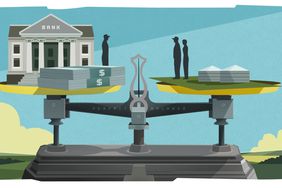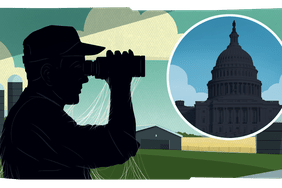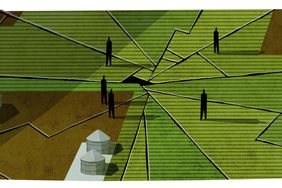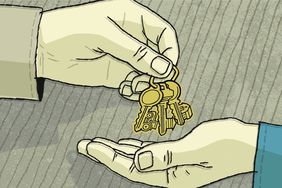:max_bytes(150000):strip_icc()/7019543hero-91bf53a7ffbf472eb921cf34a89ebcfc.jpg)
Illustration by Matt Wood
When is the best time to tell your heirs about your farm continuation plan and how your assets will be divided after your death? Right now.
“The best gift you can give your family is certainty for the future and a clear explanation of why you have made the decisions you have around the transfer of your wealth,” says Elaine Froese. She is a professional speaker, certified coach, author, and farmer from southwest Manitoba, Canada. As an expert on family farm succession and conflict resolution, Froese has worked with farm families across North America for more than 30 years.
While some families sail through this process with few disagreements, others find themselves fighting with siblings and parents, sometimes leading to permanently damaged relationships. By explaining things up front, the goal is for heirs to come to understand and accept their parents’ decisions and avoid conflict with each other down the road.
“Addressing these myths and fostering open, honest communication can help farm families navigate the complexities of entitlement and fairness during the transition process,” Froese says.
She examines the following farm transition myths:
1. Fair = equal
Unless every heir has put in the exact same amount of work on the family farm, dividing things equally is not fair. “Fairness often requires distributing assets or responsibilities based on individual needs and contributions,” Froese says. “Fairness may involve rewarding those actively working on the farm more than nonparticipating heirs.”
That doesn’t mean non-farming heirs should receive nothing. Parents can help keep things equitable with life insurance and other assets.
2. The eldest child gets the farm
In the feudal system of medieval Europe, land automatically went to the first-born son, leaving younger sons to find another way of supporting themselves and daughters hoping to marry someone with land. That’s how some people still assume farmland should be passed down, but if a landowner dies without a will, assets are automatically divided between the spouse and/or equally among the children, depending on the state.
“Inheritance should be based on merit and interest, not birth order,” Froese says. If more than one child works on the farm and wants to stay, the family should work on a plan together.
3. Heirs who leave give up their claim
Every situation is unique, but it’s entirely possible that heirs living off the farm have contributed or are contributing to the point they should be considered part of the operation. Have they invested in the farm financially? Are they helping with or handling bookwork, paperwork, research, or management decisions? The business of farming is more than the physical act of farming.
4. We don't need to talk about this
There is no better way to ensure heirs will argue than by surprising them with asset distribution plans while they are grieving the loss of a parent. Each heir in this situation likely has a concept of what they think is fair, and it’s highly unlikely the actual plan will satisfy all of them. Someone (and possibly everyone) will come away disappointed and hurt.
“Fairness requires clear, ongoing, and transparent discussions among family members,” Froese says. “Emotional well-being and family harmony are essential aspects of fairness.” Consider bringing in a coach or moderator to help keep these discussions on track, and remember everyone’s feelings are valid and should be addressed.
Parents should not assume these issues will work themselves out over time. If they don’t want their heirs to end up battling each other in a courtroom and possibly never speaking to each other again, the difficult conversations need to be had ahead of time so a resolution can be found.
5. The farm's history determines everything
While history is certainly important, and younger generations should acknowledge and appreciate the work of their ancestors, agriculture is evolving.
“Tradition can be valuable, but it should not impede necessary changes for sustainability,” Froese says. Maybe that means considering new environmental practices, looking at other crop or livestock options, or reevaluating management and labor practices. Passing on the farm means nothing if the farm fails because it doesn’t keep up with the times.
6. The older generation should keep control
This can be a tough pill to swallow for parents. “Succession planning should include transitioning control to the next generation gradually,” Froese says. It’s not fair to expect heirs taking over the farm to wait until their parents die before they can run things. In that scenario, many farmers would be nearing or even past retirement age by the time they were put in charge.
Even before a transition is begun, she says, “Involving the younger generation in decision-making fosters a sense of ownership and responsibility.”
Learn more
Read blog posts, listen to podcasts, and learn more about Elaine Froese at elainefroese.com or call 204-534-7466.
:max_bytes(150000):strip_icc()/LisaFoustPrater-5d5284849acc417c8678324f9c660161.jpg)










